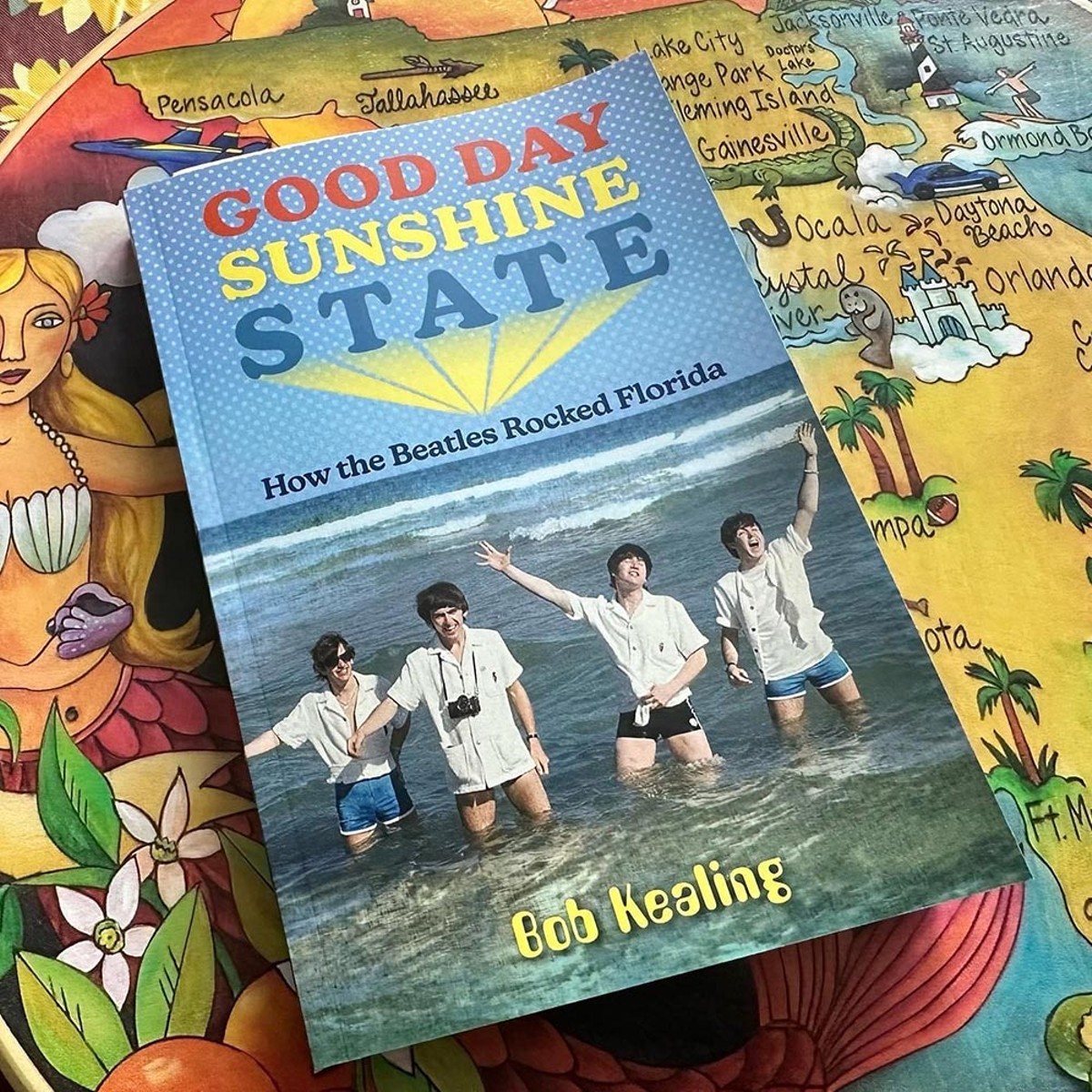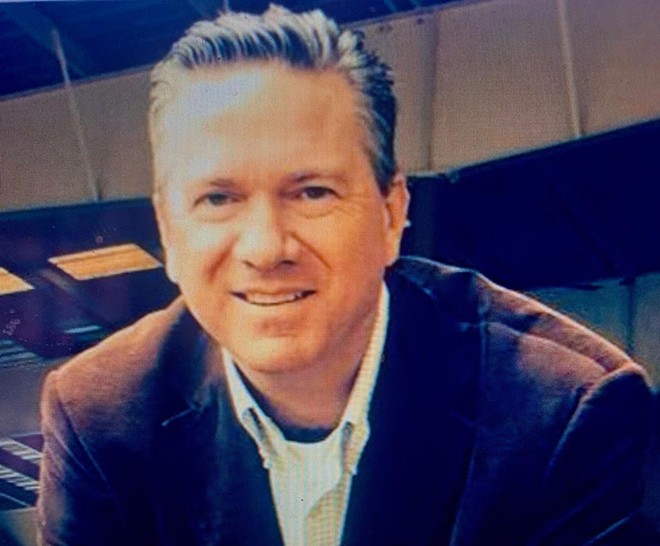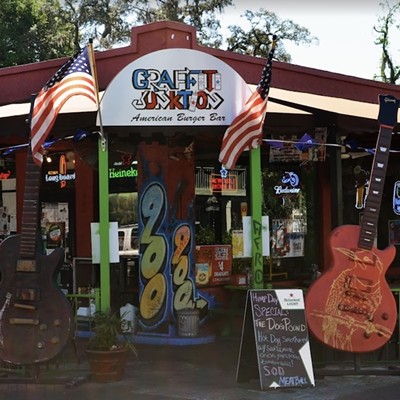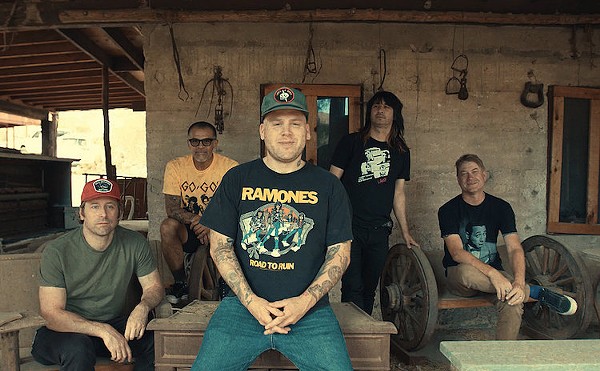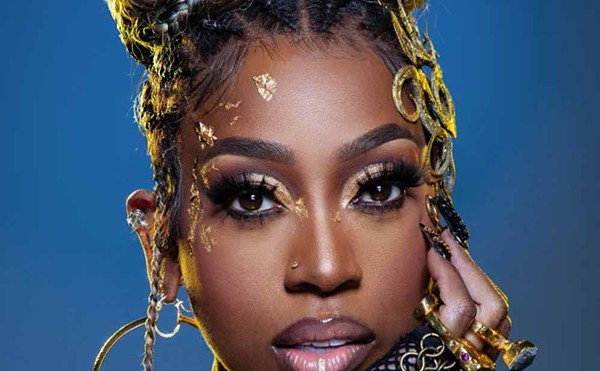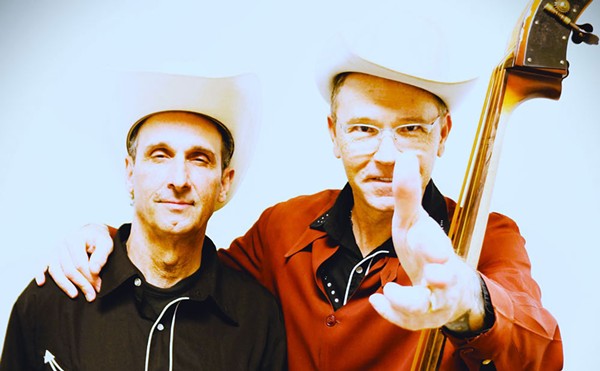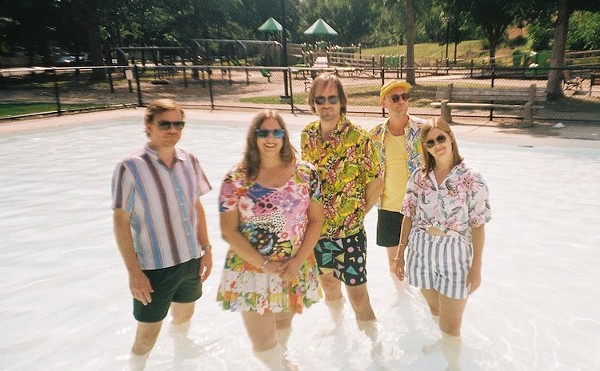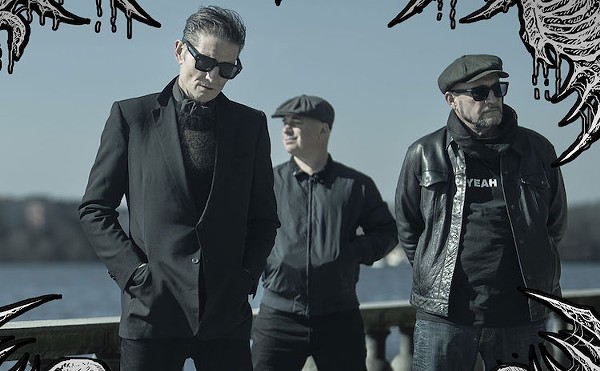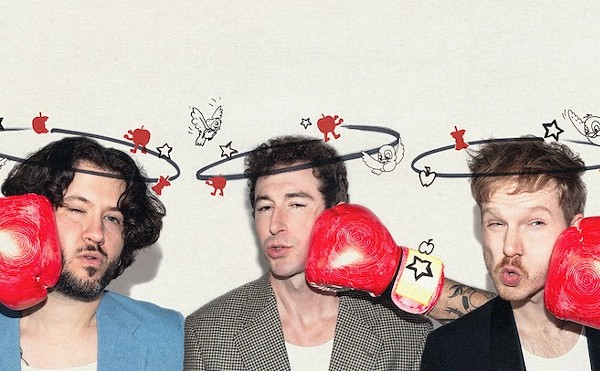It often seems like the legacy of the Beatles will loom large over popular culture until the end of time. New information, content and unearthed rarities somehow still make their way into the market, many decades after the erstwhile Mop-Tops called it a day in 1969. Beatlemania is a voracious master, after all. Now a worthy — and localized — addition to the Fab Four canon is the new book Good Day Sunshine State (University Press of Florida, March 2023) by author and Florida cultural archeologist Bob Kealing.
Kealing, an Emmy-winning broadcast journalist (NBC/WESH) has made a career of uncovering the fascinating stories of people and things rooted in Florida. His books piece together a colorful tapestry of our local cultural heritage, much of it still resonating in the present day — be it the female empowerment story of Tupperware or the genesis of country rock via the Gram Parsons mythos.
Good Day Sunshine State is no different. Kealing dug deep into the lore around the Beatles' 194 tour stops in a pre-Disney Florida (a period that is far too often "passed over in history," in Kealing's mind), with new interviews and copious research painting a vivid picture of the Beatles' time in the state at the fever pitch of Beatlemania.
The Beatles spent more time in Florida than anywhere else in North America during that watershed year.
tweet this
The book begins in Miami Beach and ends in Jacksonville as part of the Beatles' North American tour in 1964, soon after their historic Ed Sullivan debut. The takeaway is of a band making the publicity rounds as the times were changing at a rapid pace, socially and musically.
At the height of Camelot, JFK had been in Florida a week prior to his assassination and that weighed heavily on people. That was really fresh on people's minds and there still was this national and local malaise with a sense of collective shock that such a vital president could be cut down in such a horrible way.
That was certainly the feeling I got when I talked to the entire Life magazine team that did that iconic Beatles cover with them in the swimming pool during their stay in Biscayne Bay. The reporter, Gail Cameron, was with Jackie and the JFK camp from the beginning, at the center of it, and she was there when the Beatles arrived in early February of 1964. And she said that it was finally a time the nation could smile again, that we could feel joy and laughter. So the Beatles' timing couldn't have been better, because heaven knows the nation needed it badly.
How did the process for this book begin?
My friendship with Hard Rock archivist and musician bon vivant Jeff Nolan, plus my own fanship of the band. He was kind enough to give me access, and it was just stunning, like this four-page handwritten letter from Paul McCartney to this guy who'd been their bodyguard while they were in Miami. In it you can see the extent of the warmth and the friendship that they developed. When I started to piece together the extent of their time here in Florida I found out that the Beatles spent more time here in the Sunshine State than anywhere else in North America during that watershed year.
Much like Elvis did during his early touring years ... another recurring theme. Did you go into these archives with that knowledge beforehand?
Any book I write relies heavily on serendipity. You have to see where the information takes you. The fact was that they spent a lot of time in Miami Beach, Key West and Jacksonville and the info was there to discover.
Such as?
They met Cassius Clay [Muhammad Ali] the week prior to his ascendancy to the world championship. This was such a watershed time, as I mentioned, not only in Florida but all over America. Martin Luther King Jr. came to Tinker Field to deliver a speech in which he talked about segregation being on its deathbed, saying, "A civil rights act can't make a man love me, but it might keep him from lynching me." And the Beatles really picked up on that very quickly and put into their tour rider that they weren't going to play to segregated audiences. That simple. In that sense, they were ahead of their time.
Do you think that might have come from being postwar youths in Britain and also being of the generation that really took Black music to heart?
I think that hits the nail right on the head. In fact, they toured and [took] pictures with Little Richard, and it's during this time where they met Billy Preston, who later played a significant role on Let It Be. They toured with African American R&B artists like the Exciters. I got to interview one of the members, Lillian Walker, and she talked about how the Beatles loved to have a good time and cut up, but when they believed in something and took a stand they meant it and weren't going to back down.
You have to think that was a pretty gutsy thing to do for them, because they were just hitting the crest of their popularity, and it was a risky stand at that time to say they weren't going to play to segregated audiences.
Did they write any well-known songs while they toured here?
"You Can't Do That," for sure. Two others are likely — "If I Fell" and "When I Get Home."
They met a lot of people along the way, and you gathered 30 firsthand interview accounts for this book. Any standout stories?
My favorite was from this sailor, John Trusty, who partied with the Beatles at the Key Wester Motel and club. He described beautifully how he first heard the Beatles as he was driving from Chicago, bound for Key West, where he was being stationed. Driving along this deserted highway, snow all over the place, when all of the sudden this Beatles song comes blasting over the airwaves and how joyous it was. And again, this is just after JFK, and he describes his extreme reaction to hearing the Beatles for the first time.
His story is great and, yes, his reaction is fantastic. Cinematically so!
He factors in at the very beginning of the book and it really sets the tone for what the Beatles did for folks like him, America's youth.

